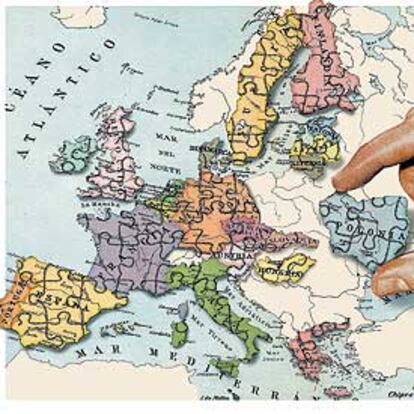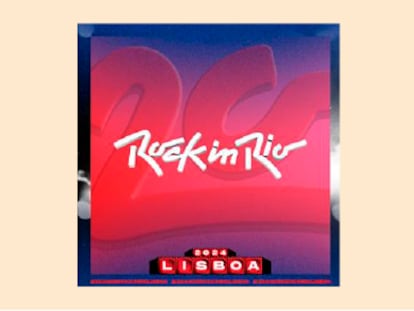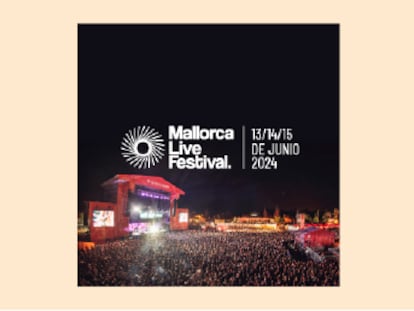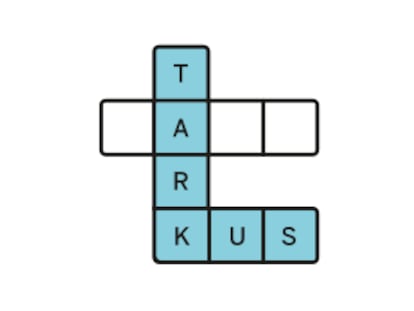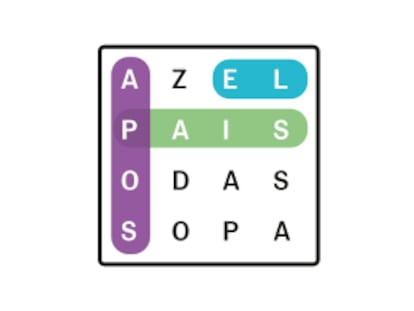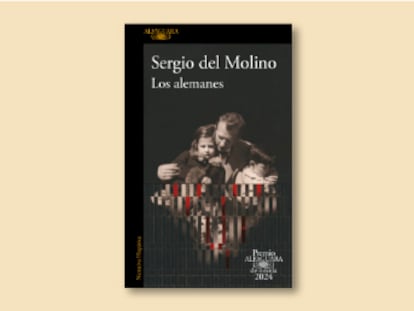Telling the story right on the benefits of considering Europe a little more "buffa"
Europeanisation somehow means the willing integration of its customers from above
Consider the drunk who loses his keys on his way home and who looks for them solely by the light of the closest street lamp, not because it is probable that he will find them there but because it is the only place where there is enough light to see anything. That is the image that Olivier Baisnée used to compare the efforts of social sciences to deal with Europe and the European public sphere. And indeed what he expressed in a provocative essay published in 2007 finds some justification.
When social sciences speak of "Europe" they often seem to restrain themselves to the Europe of political or economical elites and decision makers. Consequentially, speaking of European Integration seems to mean an increasing acceptance of formal, political, economical and legal cooperation and interconnectedness of and between European Nations, as well as the media coverage of this cooperation and its appreciation. Europeanisation somehow means, paraphrasing Adorno's words on the culture industry, the willing integration of its customers from above. It is a Europe of Elites that is studied.
Why is that so? Ulrich Beck and Edgar Grande believe this phenomenon is caused by Methodological Nationalism?a historical disposition inherent in observers, prompting them to deal with Europe and matters of European integration in a way they are used to, are familiar with and have instruments to cope with. The nation state has been regarded somehow as the natural area of social research for many decades, an undoubted container in which social life was assumingly enclosed and supposedly ready to be observed.
Quality media?how they have dealt with topics they regarded as European?have also had a big impact on the study of Europe, since observation and analysis need a serious foundation and quality media coverage is not only easy to access research material but also promises a "certified seriousness" as well. Needless to say, the approach to studying the genesis and development of a European public sphere by analyzing how and to what extent quality media covers political European issues has also been fostered by research funding strategies: As the idea that a European public sphere was consistent with the media coverage on European topics and the attitude towards Europe in EU member states was and is heavily promoted by the European Union itself, it was just consequent to fund research that was aiming at this conception of European public. However, this is not a blind alley for our efforts to comprehend Europe and the processes that are going on when we talk of European Integration: it is valuable research that needs to be done but is also where Baisnée's drunk re-enters the picture: Just because it is feasible to search for "Europe" in the shine of the light shed by the street lamp, which is the public discourse on politics and political elites in Europe, does not mean that it is really the best strategy.
Meanwhile we learned from the example of national societies that the concepts of nation state-as-container and the observation of the Elite? though both provide an analytical framework for some research interests?are not sufficient to explain the various forms of social/cultural life-worlds that exist within the European sphere. What we found within the range of the lamppost's light neglected to shed light on sub-national cleavages and trans-national connectivities; additionally, past observations overstressed the public political sphere and European policy making as well as the role of quality media. It was insensitive to cultural practices and the consumption, entertainment, leisure and post-traditional forms of collectivisation of the common people and thus in some way of all of us who we live in Europe.
Paraphrasing terms of the opera-world, journalism mainly deals with a Europa seria. As the opera seria deals with earnest and tragic topics, it is the serious and earnest topics about Europe that we find in the media and in public debate. Thus journalism and also those who are researching it are forgetting that to get in touch with actual life-worlds of Europeans, Europe cannot just be seen as an abstract political frame. There must be traces of Europeanisation in the banal, ordinary conduct of everyday lives as well. As there is a the light and lively opera buffa there are should also be traces of Europeanisation to be found in an entertaining, less dramatic, bouncy and lively Europa buffa: a Europe consisting of all other (non-political) communication, all the other forms of media and all the other contents and topics; a Europe that is unlike the political sphere, really animated by real common people, their interests, experiences, desires and dreams.
So how could we benefit if we changed our perspective from the cone of light to the "others" in the dark? By switching from "integration from above" to "integration from below" we are able to define fields of observation that are not derived from political concepts and cannot be traced in quality media informational news coverage. Different foundations of observation allow observations and findings of a different kind. The cultural practices, activities and communication flows of ordinary people, those "others", constitute European social spaces for social activity and mobility, actual as well as imaginary ones, which co-exist and overlap and transverse political territories. These spaces disregard national boundaries and are defined mainly by collective interests and expectations of the respective social or (sub)cultural group. These spaces too however can be scientifically identified, observed and thereby understood.
The growing of a European society is one of the most fascinating epics of our times?but it is told in a technocratic and anaemic fashion. By changing the narrators we listen to we could get a completely different and more immediate impression of what "Europe" might mean besides the public sphere in a sort of a "European private sphere". The gloominess of the banal and ordinary life could be where the lost key to "Europe" could be found by sober minds?for politics and the Elites are not enough to comprehend social life and what one is looking for is not always to be found where the light shines brightest.
Christian Schwarzenegger, University of Vienna www.atomiumculture.eu
